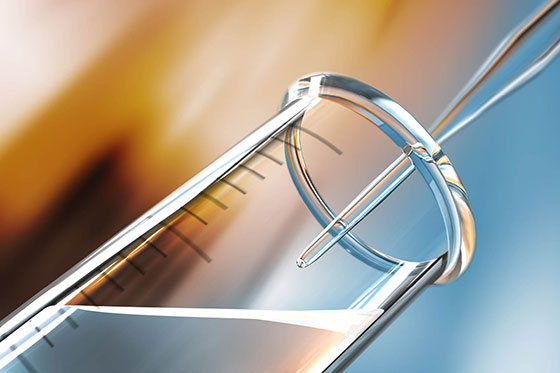The Court of Justice of the European Union (CJEU) has held that supplementary protection certificates (SPCs) are only available for medicinal products and not for medical devices incorporating medicinal products.
SPCs extend patent protection for authorised medicines for up to five years.
Equivalent authorisation procedures
The case, which was referred to the CJEU from Germany, related to Boston Scientific’s Paclitaxel-coated stent, the purpose of which is to reduce restenosis (narrowing of the artery) following angioplasty. In the course of the mandatory CE certification procedure for the device, Paclitaxel had been subject to prior assessment in accordance with the Medical Devices Directive (93/42). Boston Scientific then applied to the German Patent Office for an SPC based on its patent relating to the use of Paclitaxel to reduce the risk of restenosis and its CE certificate for the device.
However, the German Patent Office objected that the product did not have a marketing authorisation as required by the SPC Regulation. Boston Scientific countered that the prior assessment was analogous to the authorisation procedure for medicines and should be treated as equivalent to a marketing authorisation for the purposes of the SPC Regulation. The German court expressed the view that such an interpretation would be consistent with both the spirit and purpose of the SPC Regulation but pointed to inconsistencies in the interpretation of the relevant provisions in different member states.
The CJEU took a restrictive view
Pointing to the express wording of the SPC Regulation, the CJEU held that only a marketing authorisation would do. It emphasised that the terms ‘medicinal product’ and ‘medical device’ are mutually exclusive and commented that the assessment processes were not truly equivalent because the assessment under the Medical Devices Directive (93/42) took account of the intended purpose of the medical device and the incorporation of the substance into that device. It concluded that an SPC cannot protect a substance in the context of use as an accessory to the medical device such as Paclitaxel in this case, although the substance itself can be protected by an SPC separately in an appropriate case.
Importance of the decision
The CJEU makes it clear that the grant of SPCs is to be reserved for medicinal products alone. This will clearly be a disappointment to the medical devices industry although it was the expected outcome in many quarters. The case is likely to have continued relevance after Brexit at least in the first instance: the UK Government has indicated that on Brexit the EU’s legislation on SPCs will be retained and will form the UK’s own SPC regime.

 Charlotte Tillett
Charlotte Tillett